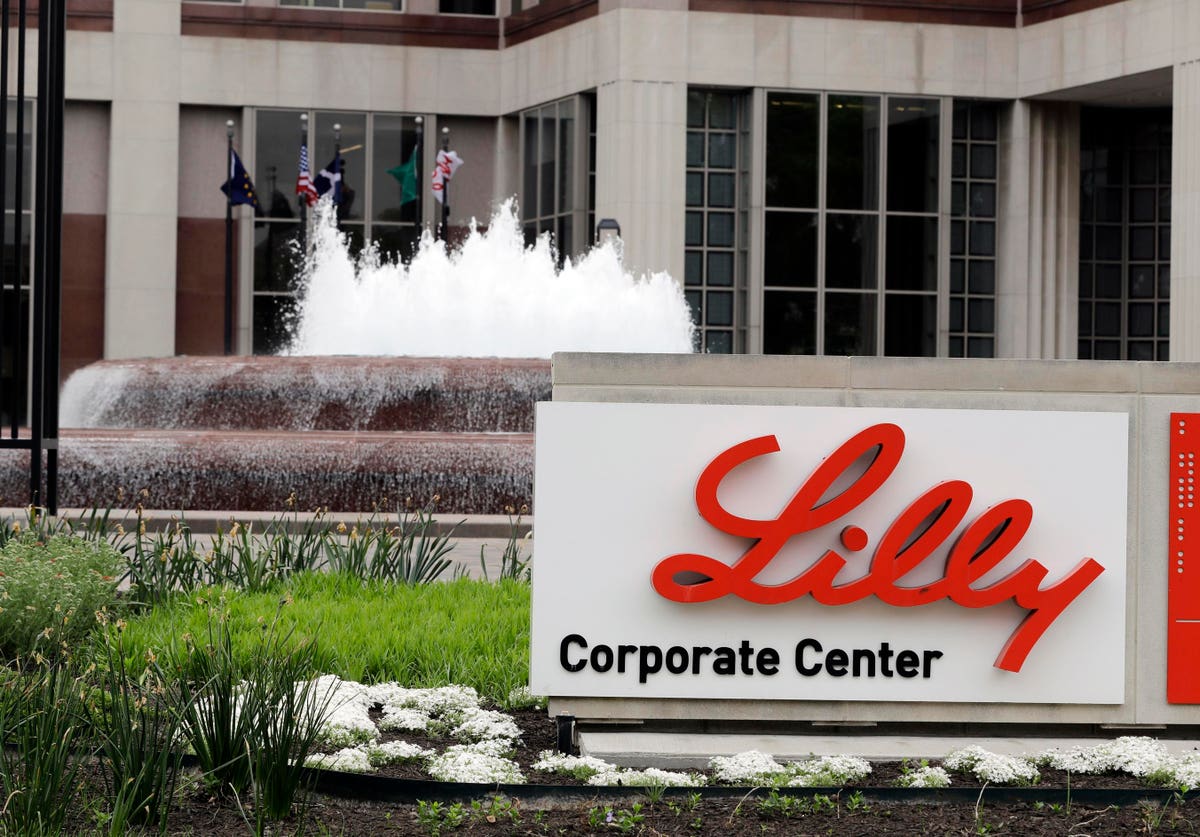Eli Lilly settled an age discrimination lawsuit for an undisclosed amount, according to documents filed 10 days ago in an Indiana District Court. This agreement comes just two months after the company reached a $2.4 million settlement with the U.S. Equal Employment Opportunity Commission (EEOC). In both cases, Lilly was charged with discriminating against older candidates for vacant positions.
The EEOC settlement resulted from plaintiffs who accused the company of intentionally under-hiring older candidates for its sales representative positions between 2017 and 2021. According to the lawsuit, Lilly’s senior vice president for human resources and diversity stated at a Town Hall that the company’s workforce was composed of older workers. The senior vice president then announced goals for early career hiring. Afterward, Lilly changed its hiring preferences and intentionally under-hired older candidates for sales representative positions in favor of younger, less qualified candidates.
In the most recent case, a senior sales rep stated the company promoted younger workers over older ones. While the most recent settlement was not made public, the previous $2.4M settlement prevents Lilly from rejecting applicants for primary care sales positions in its diabetes and obesity business units based on age. The company must also update its hiring policies and practices, and provide yearly training to all hiring managers and human resources staffers.
According to the consent decree, Lilly’s settlement agreement with the EEOC is not an admission of liability toward any of the agency’s allegations. Early this year, an official statement claimed the company was “committed to fostering and promoting a culture of diversity and respect.”
Both settlements come during the continued rise of the Lilly stock price, which has increased 45% this year, significantly outperforming the broader S&P500 index, up 16% in comparison. The most recent stock movement results from last year’s U.S. FDA approval for Mounjaro, an injectable prescription medicine to manage glucose levels in adults with type 2 diabetes. According to analysts, Mourjaro could add $40 billion in sales revenue.
Age Discrimination Claims Increasing
EEOC claims for age discrimination are less frequent than retaliation, gender, race, color, or disability claims. Still, the number of filings is increasing.
Other Fortune 500 companies have been charged for similar age discrimination actions. Significant age discrimination claims include IBM, which has settled several age-related claims after the EEOC found the company guilty of getting rid of almost 100,000 older workers and hiring younger ones. PricewaterhouseCoopers paid $11.6 million in a 2021 settlement after the company was found to have discriminated against older applicants by recruiting on college campuses and only posting associate positions on school-affiliated job sites.
What To Do
Employers are encouraged to track age demographics to ensure fair practices across employment practices–from recruitment to development, promotions and retention. Additionally, a review of HR policies can reveal gaps in age protection and fair practices, and specifically targeted training on age bias, stereotyping and discrimination is also recommended.
The Age Discrimination in Employment Act (ADEA) protects workers aged 40 and over from unfair employment practices, and the EEOC administers ADEA claims. Report suspected age discrimination. When age discrimination goes unreported, it increases the likelihood of it occurring again. Action not only helps older workers currently impacted by age discrimination, but it also helps to create age equity in the workplace so younger employees will be protected from future workplace exclusion.
If you suspect age discrimination, write letters to your state and federal legislators and file an EEOC complaint.
Read the full article here





